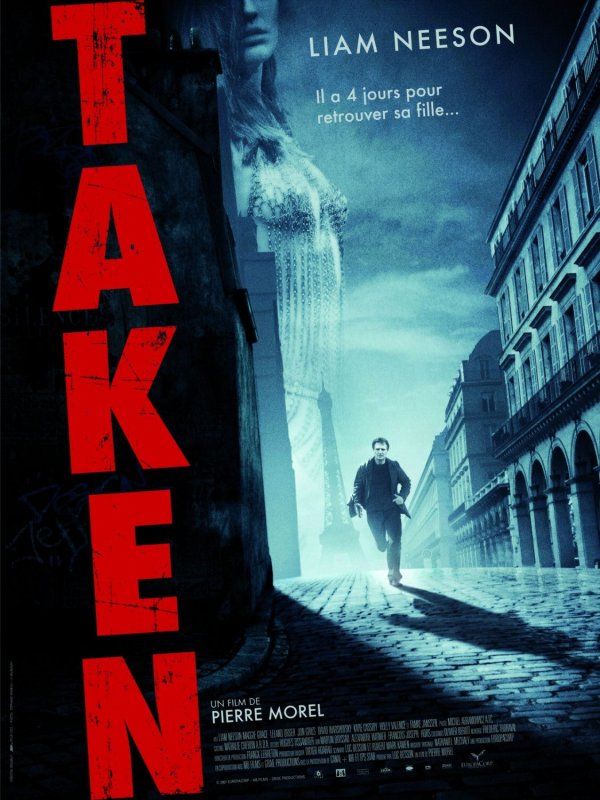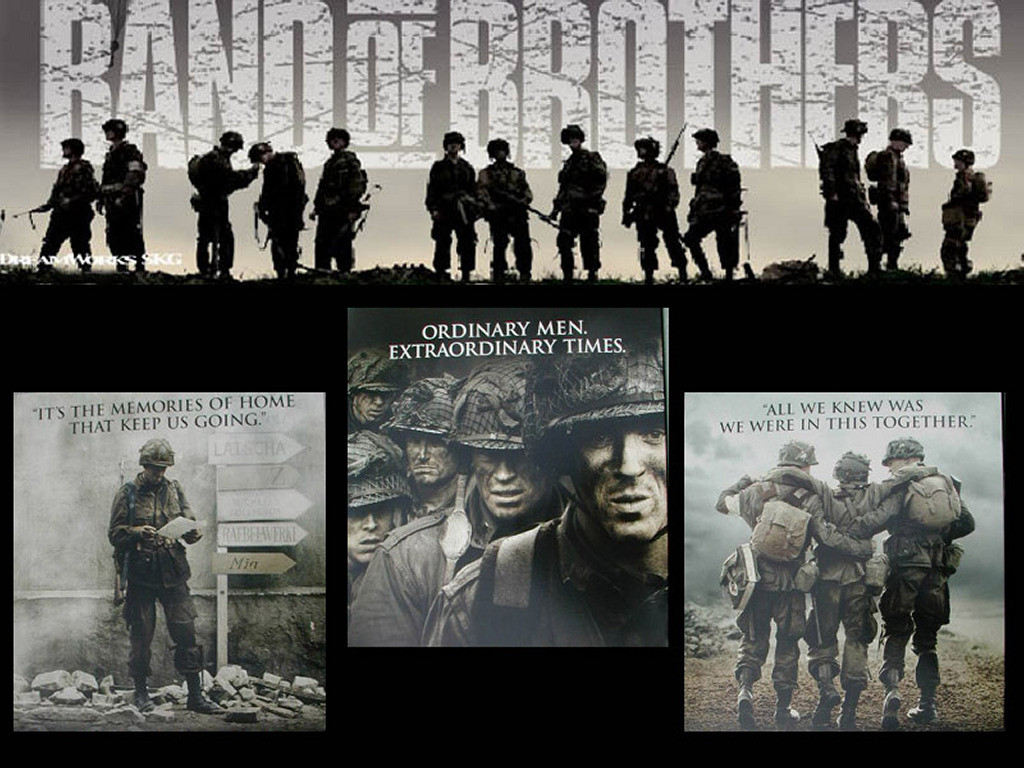I have the feeling that Rick Sanchez will manage to return to a career in the national media. Jon Stewart concluded his bit on the affair by questioning whether Sanchez should have been fired for some “banal Jew baiting”; he also showed a clip where Sanchez condemned a guy with a swastika in the background who says he avoids the “Jew media.” So Sanchez’s heart is in the right place, at least when he “has time to think about it” and “isn’t worried about being fired anyway.”
Christopher Hitchens wrote some odd things.
In the manner in which Sanchez spoke … there was something like a buried resentment. He didn’t descend into saying that there was Jewish control of the media
But that’s exactly what he did say. Which is why he got in so much trouble. The amazing thing about all the mainstream discussion is a failure to discuss the extent which that is true. Hitchens continues:
But he did imply that liberalism was linked to a single ethnicity.
Sorry, I didn’t get that. Sanchez certainly accused Stewart of being a bigot and of having “an establishment White liberal point of view.” Hitchens comes much closer to acknowledging Jewish power when he comments:
I ask myself if the world in which I have worked for so many decades—the intersecting and overlapping world of the news media, publishing, the academy, and the think-tank industry—is even imaginable without the presence of liberal American Jews. The answer is plainly no. Moreover, I can’t think of any other “minority” of which this is remotely true, unless it were to be the other minority from which I can claim descent: people of British or Anglophile provenance.
Hitchens’ claim that “British and Anglophile provenance” are even remotely on a par with Jewish involvement in these overlapping elites is far less than remotely true. And in any case, this high level of Jewish involvement means that Jews effectively hold veto power over things that can and cannot be said. That’s why Sanchez got fired in the first place.
Still, his statement is one of the remarkable comments on Jewish involvement in the information elites to appear from a mainstream media figure—a nice addition to Edmund Connelly’s collection. Coupled with his statements on the power of the Israel Lobby and his defense of Karel de Gucht, Hitchens is definitely being a bit edgy.
That reminds me of Philip Weiss‘s recent comments in his series “Note on my racism” (which bear a more extended discussion):
When you look at hives of Jewish writers, say the New Yorker Magazine, or the professors at Columbia University schools, I believe there is a strong kinship network at work. I’ve mentioned Lawrence Summers and Elena Kagan and Michael Walzer and Judith Shklar, their faculty networks at Harvard, as indicative of the same tendency.
Right. Elena Kaganas the poster child of Jewish ethnic networking. Jewish ethnic networking is the key to understanding contemporary information (and other) elites.
Hitchens wants Sanchez reinstated:
The best way to demonstrate the hidden influence of the chosen people would be for Jon Stewart and others to join me in calling for Rick Sanchez’s reinstatement. If it then didn’t happen, it would help us understand who really pulls the strings around here.
The idea seems to be that if Jews in the media like Hitchens (half-Jewish on his mother’s side) and Stewart call for Sanchez’s reinstatement but fail, then it would show that Jews really do pull the strings.
But the issue of how much influence Jews have on the media is not at all dependent on what happens in this case. There is already overwhelming evidence for Jewish power in the media and elsewhere based on a great many sources. Sanchez’s reinstatement, perhaps after a bit of groveling, certainly wouldn’t change that.
The good news is that statements of Jewish power are becoming more common all the time, both on the power of the Israel Lobby and the power of Jews the media. In the long run, frank discussion of Jewish power would also mean a frank discussion of how Jewish power compromises the interests of White Americans. That would really be the stuff of which revolutions are made. And even without an above-ground discussion, Whites with any degree of political sophistication are starting to “get it” and that in itself is a major step in the right direction.






